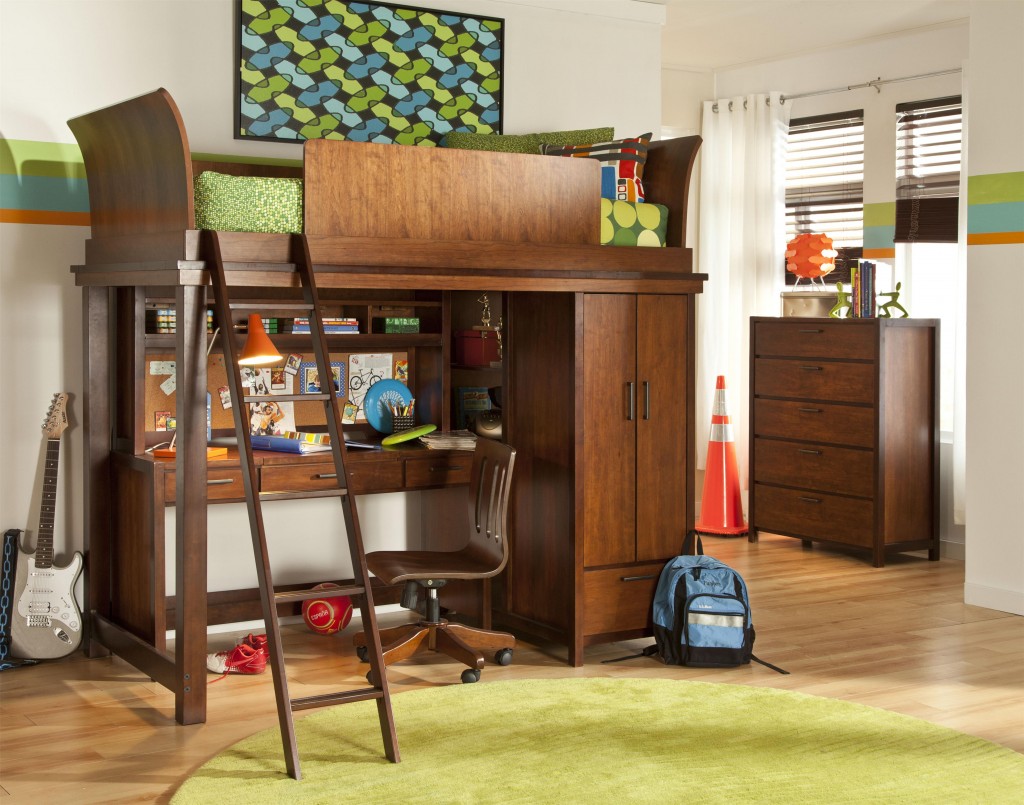We all know that a good night’s sleep is important to our health. But as it turns out, it’s especially critical to a student. Scientists have discovered a positive connection between sleep and academic performance – and while that’s no surprise – the extent of the benefits of good sleep is, pardon the pun, an eye opener.
Better Sleep, Better Performance.
Adequate sleep is vital for learning and memory. For children, it enables them to pay attention, stay organized, retain what they study and focus better during tests. It keeps them alert, making learning easier. Mental acuity, better reaction time and better decision making skills are also connected to sufficient sleep.
Equally impressive, sound sleep actually enhances creativity and fosters inspiration. Ideas connect easier; the big picture becomes clearer. Bottom line? Research shows that students who get sufficient sleep earn better grades than those who don’t.
How Much Sleep Does your Child Need?
Children 5-10 years of age need about 10-11 hours of sleep. Those 10 years and through their teens need 8.5 – 9.25 hours.
How to Create an Effective Study Area
Mattress: Given the importance of sleep, be sure your child’s bedroom is equipped with a quality mattress. During their growing years it is especially important that your children have mattresses which support and align their lower back and relieve any tension, strains and muscle fatigue.
Room Conditions: Make sure your child’s study room has good ventilation, is not too warm and has sufficient lighting. White light is preferred. Provide lighting options – bright for challenging work like math problems and dimmer light for easier work like constructing an outline.
Equipment: Your child needs a desk/table with tools like pens, erasers, etc. Make sure the desk is solid and that the chair provides good support and is the right height for working comfortably. Provide bookshelves and drawers within easy reach.
Distractions: No phone, TV, video games or music. Yes, they will complain, but given the option, most children will leave study if there is something more enjoyable to do nearby.
An Exception? Studies show that listening to classical music during study reduces stress, improves creativity and stimulates imagination. It can even reduce disciplinary problems – and we all want that.
Computer: Most children require a computer to do their homework – yet putting it in the bedroom is likely a mistake. Can you find a place that’s quiet, away from the child’s bedroom, where you can monitor what’s being done? Encourage your kids to do all their other work in their study area and the computer work separately if possible.
Restful, adequate sleep combined with a suitable study area is very important to your child’s academic success. Do your utmost to provide both – and of course plenty of encouragement, support and guidance.
Ideas from: “It’s Better for Students to Get Zzzz’s Before Their ABC’s” by Terry Cralle, RN. September 2013 Sweet Dreams. 2013 © Carpenter Co. All Rights Reserved.
http://sleepbetter.org/its-better-for-students-to-get-zzzzs-before-their-abcs/


Leave a Reply